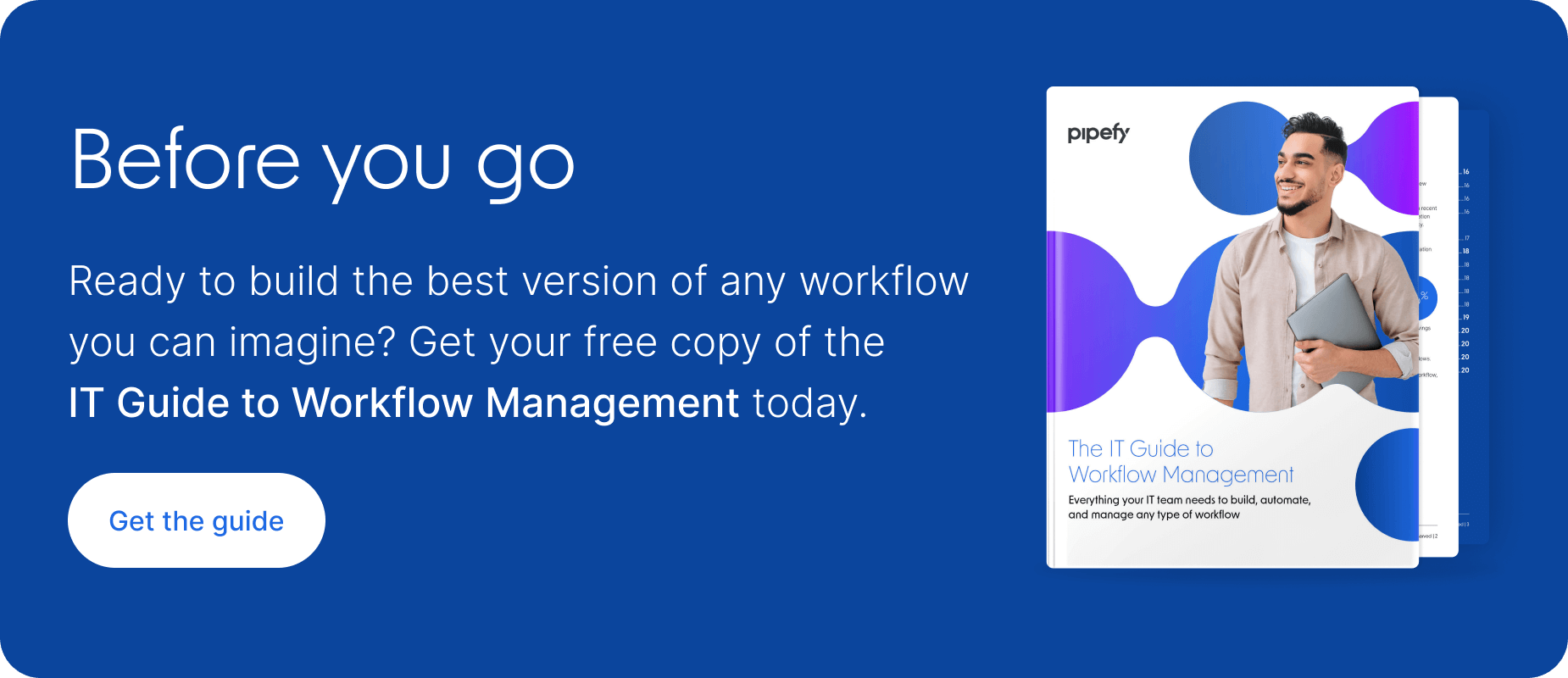ARTICLE SUMMARY
A Product Owner, also known as PO, is responsible for maintaining the conceptual integrity of new features or improvements that have to follow the product’s or the project’s particular vision. In his role, the PO joins a Scrum team or a similar process to define stories and prioritize a backlog.

A Product Owner, also known as PO, is responsible for maintaining the conceptual integrity of new features or improvements that have to follow the product’s or the project’s particular vision. In his role, the PO joins a Scrum team or a similar process to define stories and prioritize a backlog.
Furthermore, the Product Owner has some responsibilities that correspond to the product’s final quality before, during and after delivering to the customer. The PO’s work is based on planning and communication because the team has to know what they have to do in each sprint’s step. It’s essential that the whole team follows the same vision defined for the product.
The Product Owner has to guarantee a clear comprehension to the team and the customer about which resources are necessary for the product or in the application. A company has a variety of customer and user types, therefore this professional needs to have a solid comprehension about their different needs. The PO has to understand both sides of the company’s needs.
What does a Product Owner do during the planning?
The PO is a key-role during the product development cycle, feature releases, and sprint planning process. Look at the examples for each planning step:
- During the product planning process, the Product Owner works with all interested company’s areas to achieve the product’s ideal visualization;
- On release planning, the Scrum Team (a team that provides complete, detailed descriptions of how everything is to be done on a project) and the Product Owner work together, to define the scope of the next release;
- Defining a goal to the Sprint is an important part to the team including the PO and the Engineers in the Sprint planning;
Product Backlog
Product Backlog is an ordered list of tasks, user stories, and epics that is assessed to be needed for the product development or maintenance. The Product Owner is responsible for the Grooming (preparation and refinement) of the Product Backlog that includes prioritizing, updating and creating the list items.
This position is important to the product development but the PO doesn’t coordinate the whole grooming alone. The Development Team is responsible for item assessment (estimation of effort and/or time needed for every task). The Product Owner’s priority is to bring a significant value to the product aligned to the delivery flow. However, both have to be able to answer and clarify some possible doubts.
Personal characteristics and skills a Product Owner needs to have
A successful Product Owner needs to group some skills and characteristics, that can be divided into the following groups:
- Responsibilities: The Product Owner is responsible for making sure that resources are being used in the best way to achieve the expected business results. He/she is a part of the Scrum team and both have the same responsibility for the product and the commitment to the result.
- Authority: This person has the authority to make assertive decisions and evaluate them rationally. These decisions must be made in a timely manner and should not be reversed without good reason;
- Business Knowledge: The PO knows which are the needs for the company and product at the right moment. This person has to synthesize the product vision and align the team with this position;
- Interpersonal (sales/communication) Skills: The product owner needs to have a good relationship with people and usually this person is the “customer’s voice” within the company. That’s why the PO is normally a good negotiator and a motivating person;
- Technical skills: Previously software developers had the skill to interact with the engineering team, which among other things, allowed them to understand the software architecture, and had the technical knowledge and analytical skills required to do the job;
- Product skills: Market research, continuous discovery, project management, product discovery toolset, product research are some of the tools Product Owners should have to succeed.






